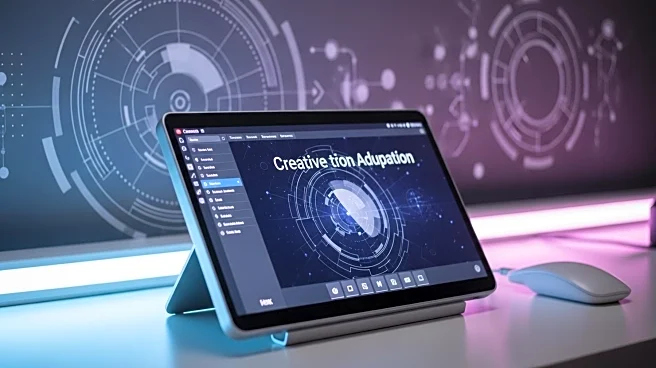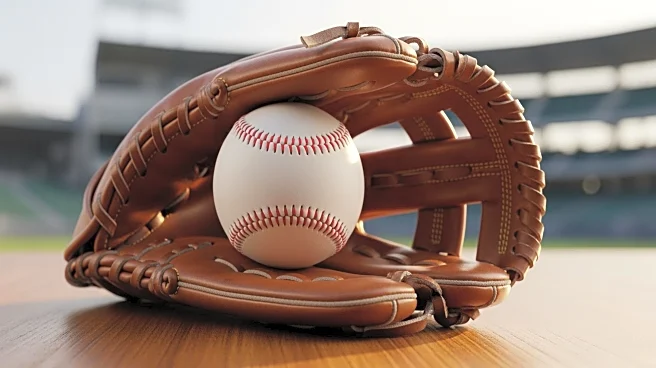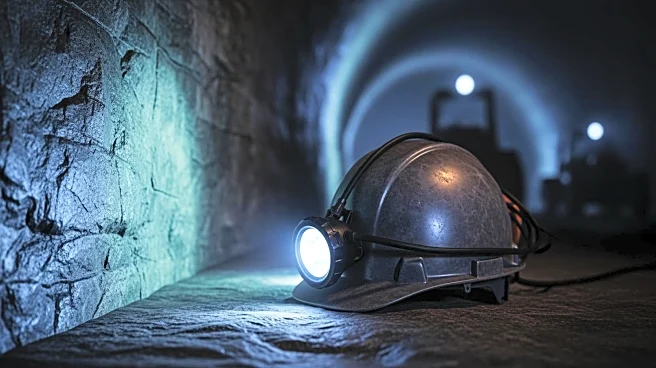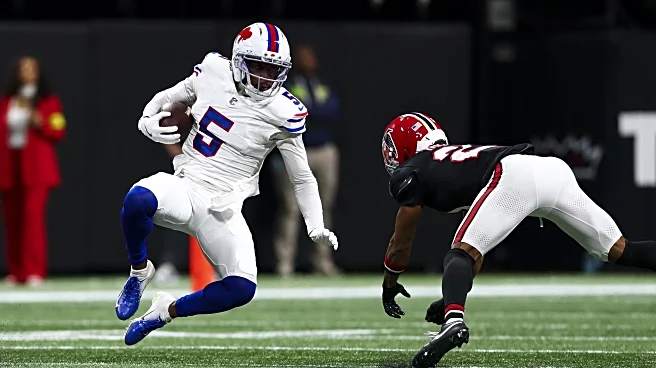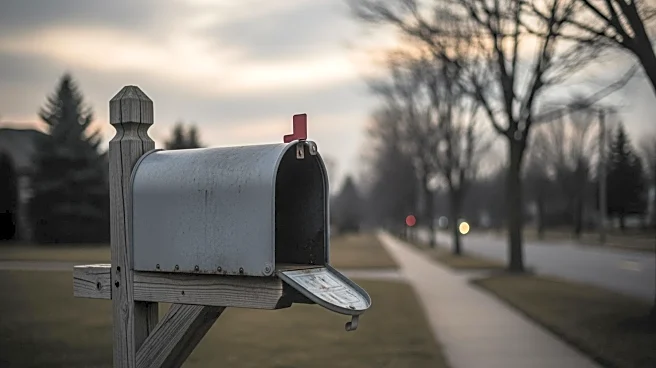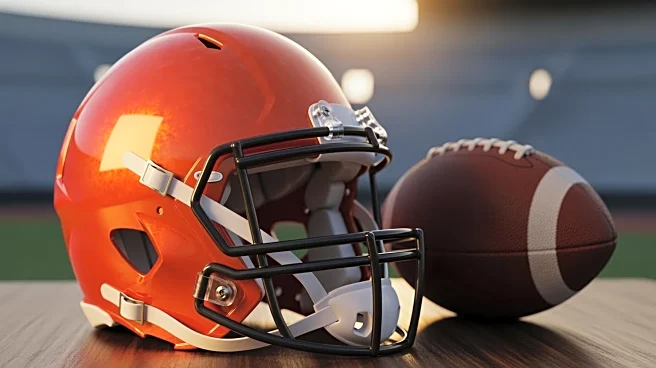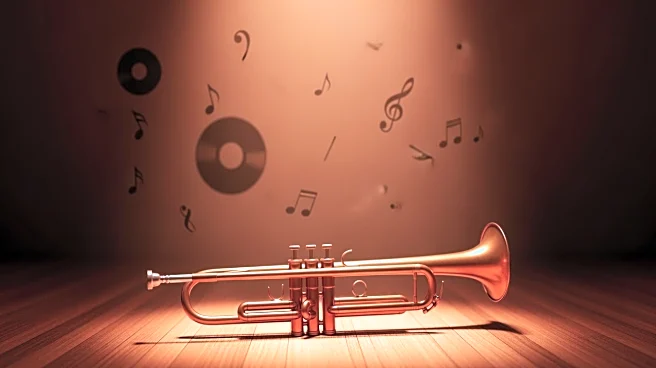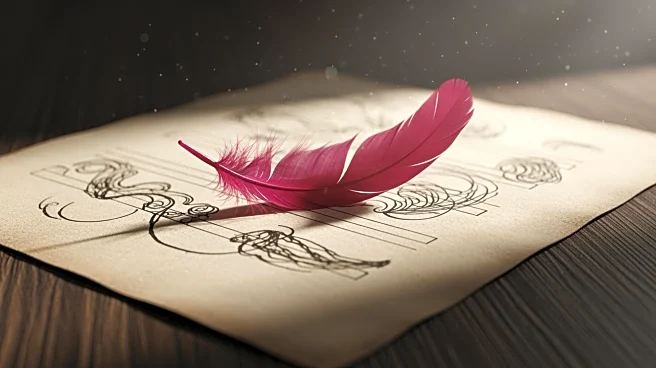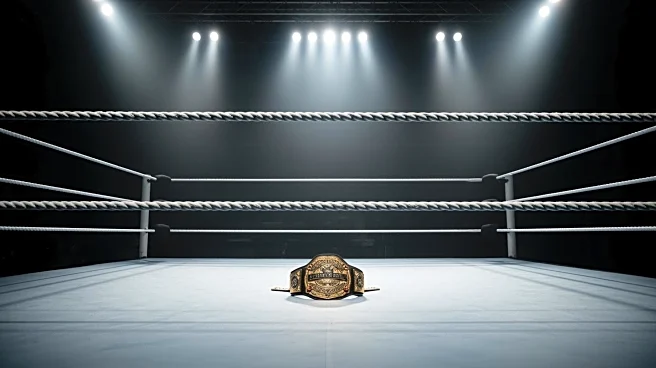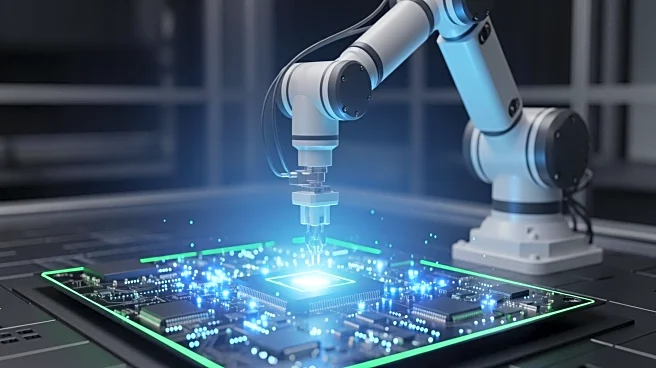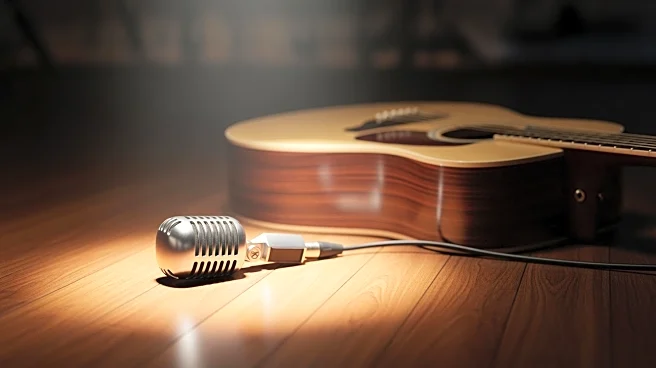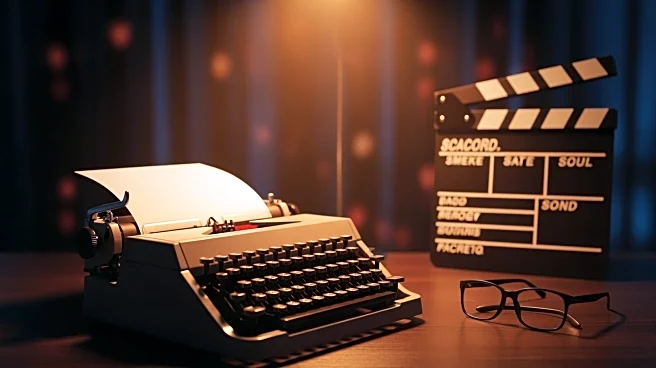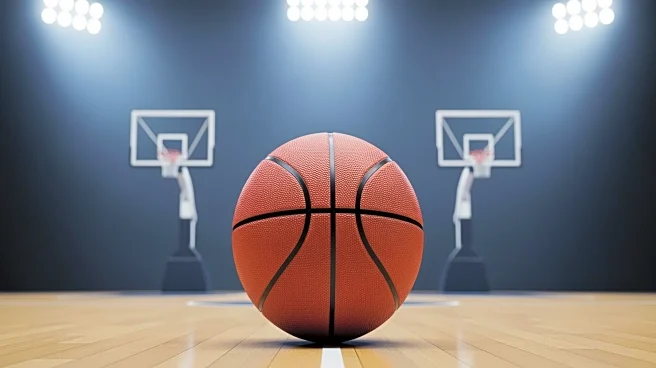What is the story about?
What's Happening?
OpenAI has announced changes to its Sora 2 app following concerns over copyright infringement involving videos featuring licensed characters like Nintendo's Mario and Pokémon. The app's launch led to a surge of videos on social media depicting these characters, prompting OpenAI to offer more control to rights holders over character generation. OpenAI CEO Sam Altman stated that the company is taking feedback from users and rights holders to implement these changes. The company plans to allow rights holders to specify how their characters can be used, potentially including opting out entirely. This move comes amid legal uncertainties and potential lawsuits, as highlighted by legal experts and previous actions by companies like Disney against similar AI-generated content.
Why It's Important?
The adjustments by OpenAI are significant as they address the growing tension between AI technology and intellectual property rights. The ability for rights holders to control the use of their characters could set a precedent for how AI-generated content is managed legally and ethically. This development is crucial for industries reliant on intellectual property, such as entertainment and gaming, as it could influence future legal frameworks and business models. Companies like Nintendo stand to protect their IP from unauthorized use, while OpenAI seeks to balance innovation with legal compliance. The outcome of these changes could impact how AI companies develop and monetize their technologies.
What's Next?
OpenAI plans to start implementing these changes soon, with a focus on trial and error to find a sustainable model that benefits both the company and rights holders. The company aims to create a new kind of engagement that is valuable beyond revenue sharing. As the situation evolves, other stakeholders, including legal experts and industry leaders, will likely monitor the effectiveness of these measures. The response from rights holders and potential legal challenges will shape the future of AI-generated content and its regulation.
Beyond the Headlines
This situation highlights the broader ethical and legal challenges posed by AI technologies in creative industries. The balance between innovation and intellectual property rights is a critical issue that could influence future technological advancements. The case also underscores the need for clear legal guidelines to navigate the complexities of AI-generated content, which could lead to long-term shifts in how intellectual property is protected and monetized.
